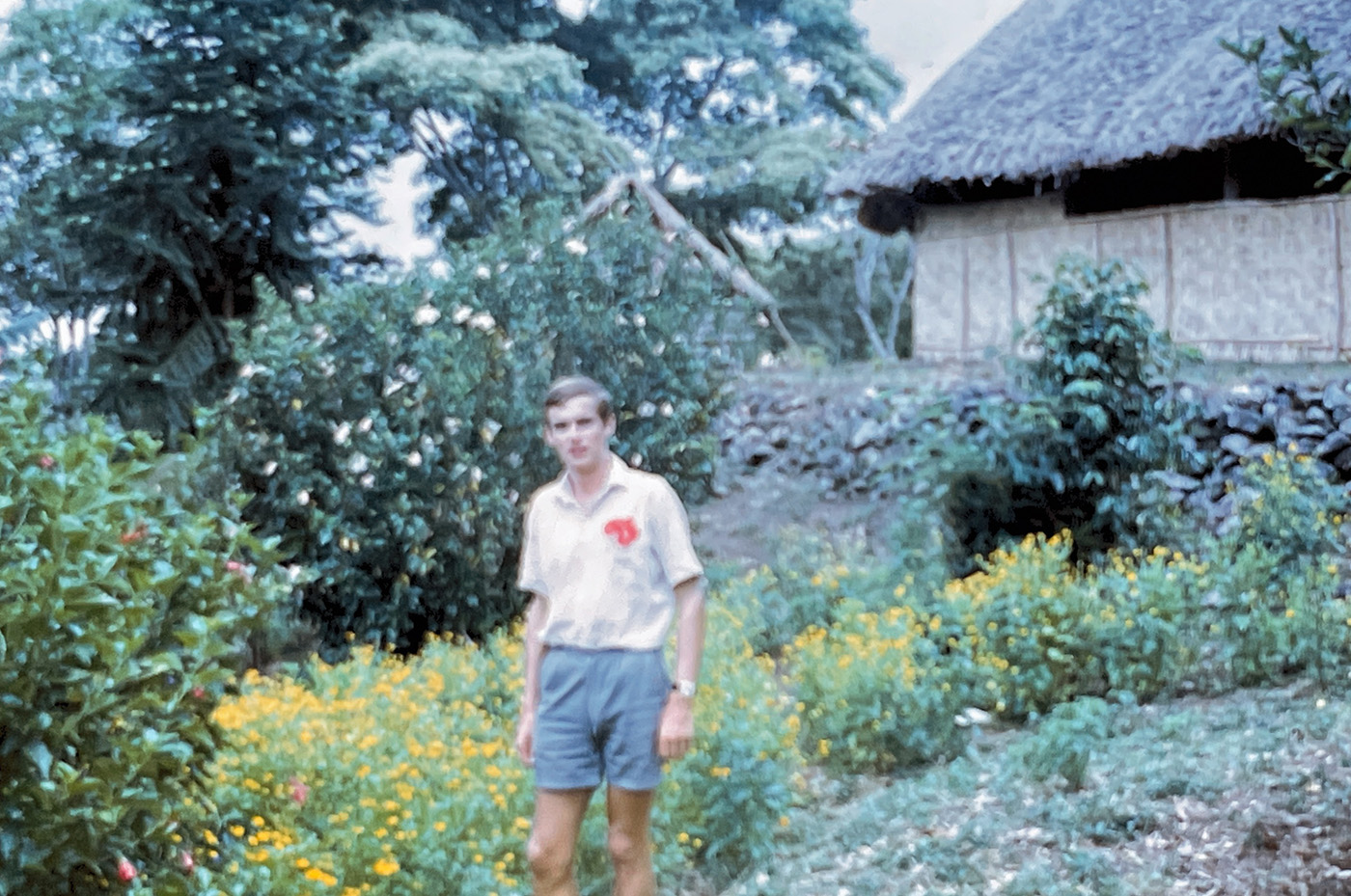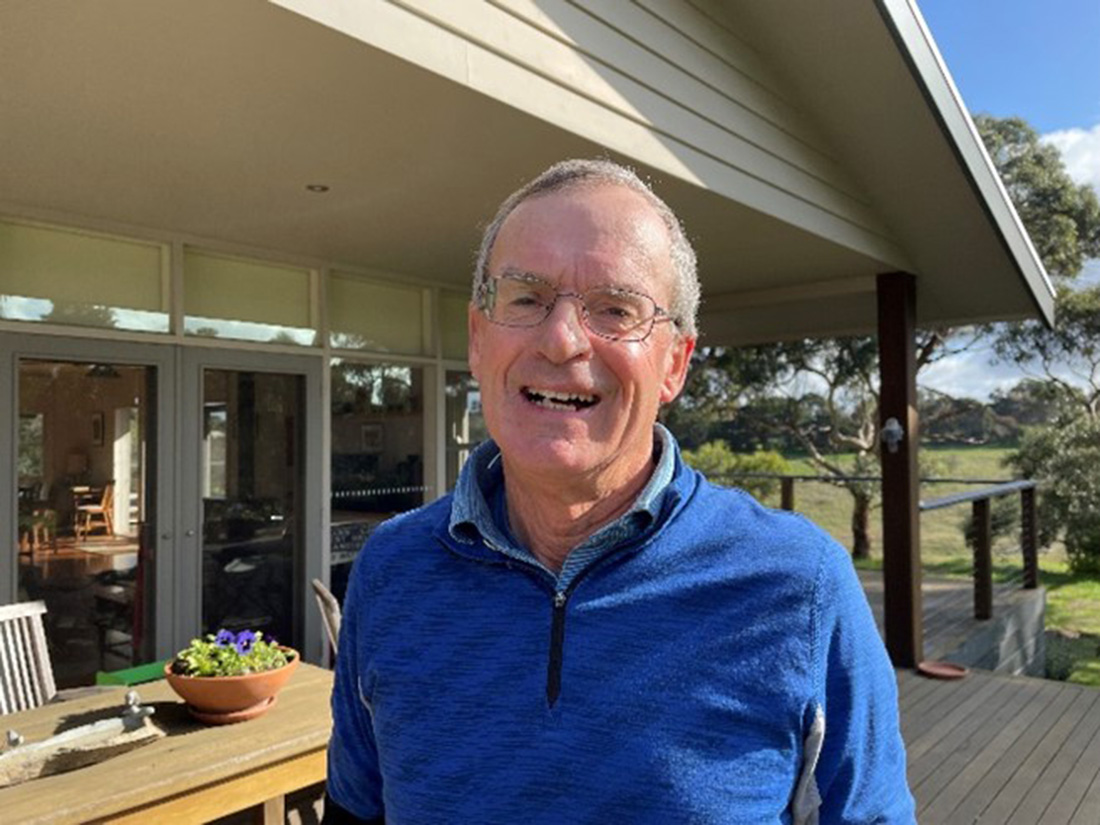My ABM Story – Tony Reilly
Old Connections Kindle Warm Memories
What do COVID-19 lockdowns and an experience 54 years ago have in common? Read this story from one ABM supporter, Tony Reilly, to find out.
Tony writes:
1968…
“I was fortunate to spend seven months at Dogura (Milne Bay Province, Papua New Guinea) in 1968, as an unqualified teacher. I was 18 and between school and university. It’s now called a gap year!*
“I was welcomed to the site by Bishop Henry Kendall and Principal of the St Pauls (Primary) School, Gerald Cornish. There were about 20 voluntary personnel on site from Australia and England, as well as local teachers and staff.
“I taught a Standard 3 class at the school. All classes were taught in English, although the local Wedau language was spoken freely outside the classrooms.
“The days began early with maintenance jobs around the site at about 6.30am, with full and weekly boarders. Sweeping and grass cutting were frequent tasks, involving all the children.
“A morning assembly commenced the school day, held in the Cathedral, with morning prayers and readings.
“A syllabus was provided, giving structure to the teaching – invaluable for the untrained teacher. The emphasis was on reading, writing, arithmetic, and general studies. Time was also allocated to physical education, including the occasional swim in the river.
“The boarders were provided with pearled wheat and tins of fish as a basis for their meals, cooked by themselves. The school had also developed a vegetable garden about 30 minutes’ walk up the river to provide a more varied diet. Working bees in the garden took place most Saturdays.
“The site included a (then) newly-constructed hospital (St Barnabas’) and ran a generator for lighting and medical instruments during the day and early evening. However, this was turned off at night. We used kerosene pressure lamps outside the generator hours. They are quite dangerous devices, with risk of fire if knocked over and hot if accidentally touched. Also, transporting kerosene into remote areas, where roads are minimal, is a huge task.”
2021…
“During this recent Covid lockdown, I had time to look through my old slides of the fabulous experience I’d had over 50 years ago. It triggered many memories of the people and activities I’d taken part in. There was the school experience, but also the walks to villages in the hills behind the local villages of Pova and Wedau. We walked to Gadovisu, some six hours away for a weekend and I was invited to go on the five-day Mothers Union Patrol during the September break. It was an incredible experience in very remote country with Mrs Kendall, Bishop Kendall’s wife, and about five others. There were no generators in those remote places and lighting was minimal.
“It is also humbling to remember how these students at the school were bilingual, whilst we learnt only a few words of the local Wedau language. The hymnbook and Service book had all been translated into the local language.”
The ”voluntary workers” Tony refers to included ABM missionaries sent to the school or St Barnabas’ Hospital. Tony remembers these missionaries, and it is that connection which led him to become an ABM supporter.
Through a recent generous donation, Tony was able to give something back to the community that gave him so much in his youth.
ABM wishes to thank Tony for his generosity in sharing his ABM story. You can learn more about our current work with the Anglican Church of PNG here. If you’d like to share your ABM story to encourage others in God’s mission, please contact info@abmission.org.au for more information.
*Until about 2001 students from various Anglican schools around Australia went to St Paul’s and Holy Name schools in Dogura as part of a “gap year” experience.

Tony during his time at Dogura in 1968. © Tony Reilly. Used with permission.
